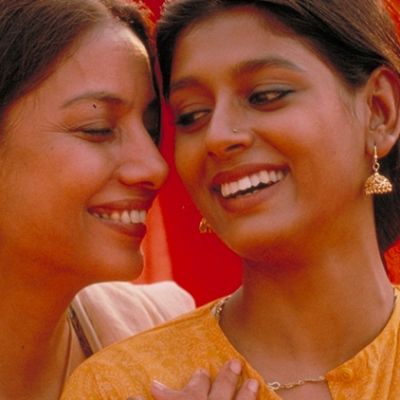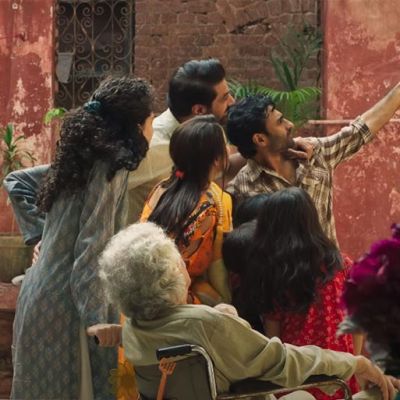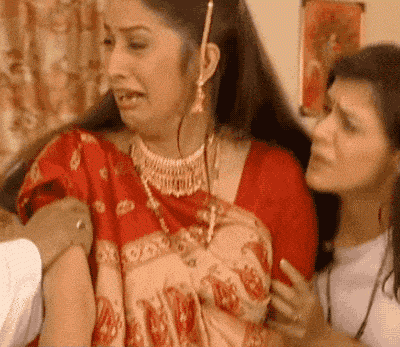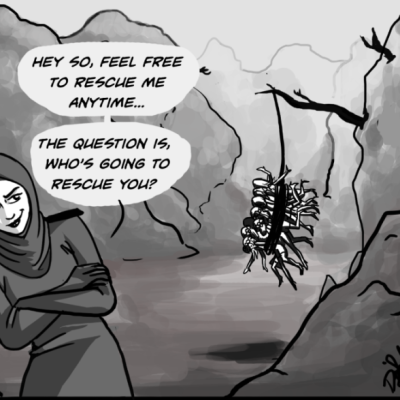popular culture
When Deepa Mehta’s Fire came out in 1996, violent protests roiled India over the depiction of romance between two female leads. There is no homosexuality in India, demonstrators declared while burning effigies in the Capital. In contrast, when Margarita With A Straw came out in 2014, it received accolades for its sensitive portrayal of queer desire in a woman with disability.
Directed by Saim Sadiq, Joyland (2022) is not a film about trans rights or women’s rights. It is not even about one specific group or community of people. It is about the whole spectrum of human emotions.
The discursive power vested in audio-visual media can prove to be emancipatory if it seeks to re-write the scripts of love, to expand it to include various subjectivities, disturb the patriarchal gendered dynamics that it is based on by introducing a story that allows the audience to imagine it in various different ways.
BDSM has been existent in discussion all the way from the time of the Marquis de Sade. However, the only thing that ’Fifty Shades of Grey’ seems to have done is shine the spotlight on a lifestyle that has existed and been judged for quite some time now.
Deena Mohamed, Egyptian artist, illustrator and designer, speaks to us about her art and her perspective on politics, patriarchy, feminism, and gender and sexuality.
Female sexuality isn’t in the closet any more. If you look at the spate of films that have been released in the past couple of years, they seem to tell us that women mouth expletives, watch porn and don’t mind talking about orgasms—things taken for granted when it comes to men.
While pop culture will continue to exist in the mainstream, it also provides us the scope to create alternative narratives and/ or counter-narratives that question, challenge and unpack the existing stereotypes and norms.
And so, in the mid-month issue we have Shweta Krishnan examining the place of political incorrectness in stand-up comedy, Rohini Banerjee talking about how fanfiction allowed her to delve into alternative worlds, and…
Members of a fandom are not just passive consumers but active co-creators who imagine and build new worlds around their objects of adoration. Fandom communities offer fans the freedom of being able to imagine, create and share all sorts of scenarios, including romantic, erotic and sexual ones.
Even in a country obsessed with anime, Kondo’s wedding shocked many. But he wants to be recognised as a “sexual minority” who can’t imagine dating a flesh-and-blood woman.
Comicbooks sell us the fantasy of larger-than-life superheroes, the victory of good over evil, the promise of fighting for a better, inclusive world. But alas, when it comes to the characters themselves, this very inclusivity is often nowhere to be found.
While we’ve grown used to hearing porn blamed for society’s ills, it’s now the medium’s comparatively matronly cousin – romance novels – that have come under scrutiny.
Any narrative that we construct, any single word that we use to describe a person, a relationship, an individual is bound to be incomplete.
Singleness represents eschewing all that patriarchy imposes on us in the name of emotional and financial protection. Women who decide not to marry defy age-old ‘wisdom’ mixed with terrible psychological and biologically-backed explanations.














